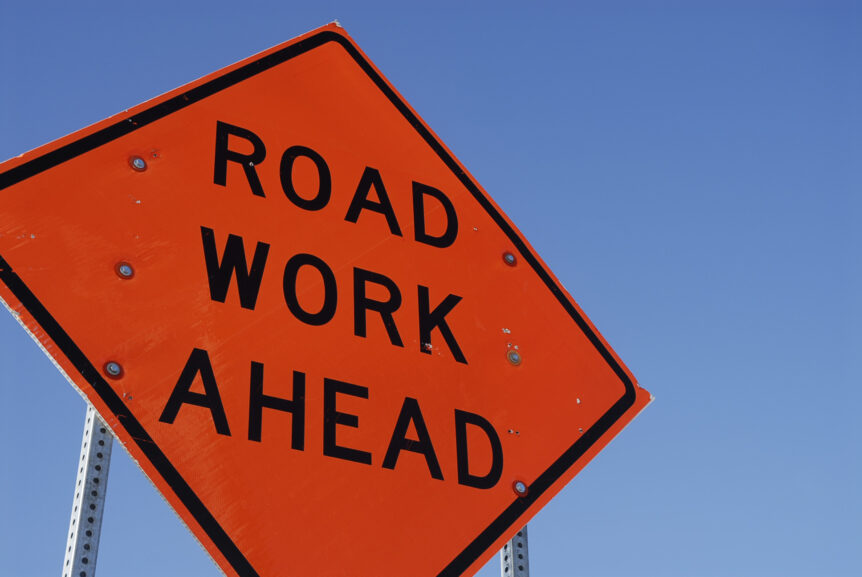By Adam Redling for Construction & Demolition Recycling
On Nov. 6, Congress passed the much-anticipated and hotly contested infrastructure bill after months of political wrangling. The plan, which boasts a price tag of $1.2 trillion, will help rebuild roads, bridges and rail; expand access to clean drinking water; ensure access to high-speed internet; reduce the impacts of the climate crisis; and advance environmental justice, the Biden administration says.
Additionally, the administration says the deal will add 1.5 million jobs per year over the next decade.
Specific to the waste and recycling sector, the bill contains provisions of the RECYCLE Act, which will help provide grants via the U.S. Environmental Protection Agency (EPA) to help educate households and consumers about their residential and community recycling programs to improve participation and reduce contamination. It also calls for the EPA to develop a model recycling program toolkit for states, local governments, Indian tribes and partners to deploy to improve recycling rates and decrease contamination in the recycling stream.
The bill also contains grants to encourage battery recycling and promotes the DRIVE-Safe Act, which directs the Department of Transportation to promulgate regulations to implement an apprenticeship program for licensed commercial motor vehicle drivers under the age of 21 to help alleviate the driver shortage across industry, including in waste and recycling.

